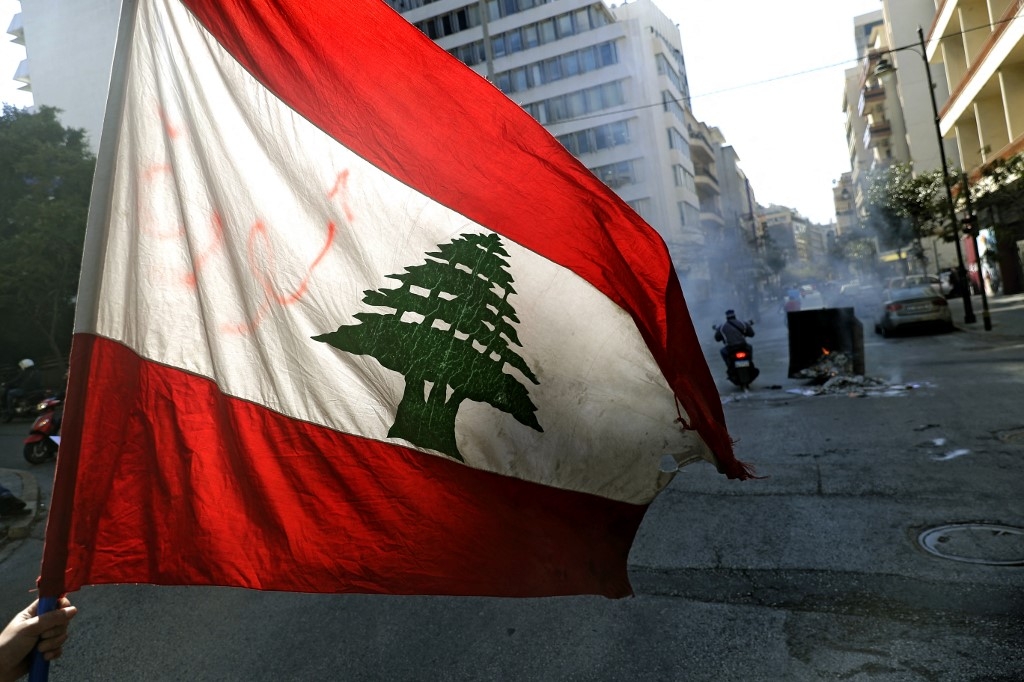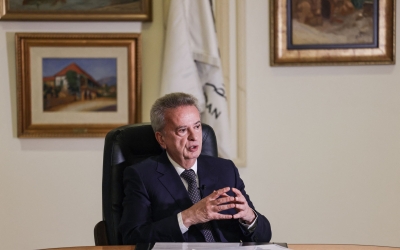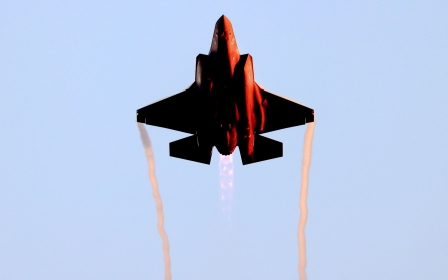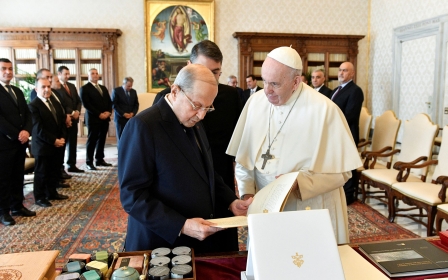Lebanon: IMF staff reach agreement on $3bn deal

The International Monetary Fund on Thursday announced it had reached a staff-level agreement to provide Lebanon with a $3bn, 46-month financing programme to help it emerge from an economic crisis.
The agreement is subject to approval by the IMF's management and executive board, the Fund said in a statement.
Once approved, the aid will be released under the global lender's Extended Fund Facility to "support the authorities' reform strategy to restore growth and financial sustainability," Ernesto Ramirez Rigo, who led the IMF mission to Lebanon, said in a statement.
Lebanese authorities agreed to undertake "several critical reforms" before the IMF board meeting, the statement added.
The reforms include restructuring the financial sector, implementing crucial fiscal reforms along with the restructuring of external public debt, reforming state-owned enterprises - particularly in the energy sector - and strenghening ant-corruption frameworks.
“Lebanon is facing an unprecedented crisis, which has led to a dramatic economic contraction and a large increase in poverty, unemployment, and emigration,” Ramirez Rigo said.
“The crisis has been compounded by the Covid pandemic and the August 2020 port of Beirut explosion, while the war in Ukraine is exacerbating pressures on the current account and inflation and straining further food and fuel supplies.”
Lebanon has been gripped by a long-running economic crisis, with a World Bank report suggesting the country's economic collapse was likely to rank among the world's worst financial catastrophes since the mid-19th century.
Since late 2019, the Lebanese pound has lost over 90 percent of its value, pushing most of the population into poverty, while daily power cuts can last more than 20 hours. The price of petrol has also soared.
The situation was further exacerbated after a store of ammonium nitrate exploded at Beirut port on 4 August 2020, killing hundreds and reducing much of the capital to rubble.
Middle East Eye delivers independent and unrivalled coverage and analysis of the Middle East, North Africa and beyond. To learn more about republishing this content and the associated fees, please fill out this form. More about MEE can be found here.





